Things that we should NEVER teach our students
by Mia Tarau
Alongside educating students, teachers dedicate a significant proportion of their lives attending professional development sessions, conferences, and committing to higher education in order to familiarize themselves with the very best practices relating to what and how they should teach learners. This, naturally, is both expected and beneficial to their careers. Yet in addition to these theoretical aspects which are indispensable to this profession, teaching is an intensely human and humane experience, one that transcends prescribed theoretical and methodological ‘best practices’; one that is only successful if there is a connection with the learners that shows them that they are valued as people, and that we as their teachers truly want them to succeed. As such, there are two major things that we must NEVER teach our students:
1. That their linguistic ability is accurately reflected in their IELTS/TOEFL/PTE scores
Firstly, alongside giving them the skills they need to pass the standardized tests that will inevitably rear their heads in our students’ life paths, we must never teach them that the score they get on ONE such test reflects their true ability to manipulate language in the wide range of settings in which their lives (will) unfold. A student’s performance on one single standardized test depends on a myriad of factors, from how tired or nervous the student was on that day to the quality of the tech equipment playing the listening test. Have this conversation with the students from the beginning of a test preparation course. Help them prepare for these tests with all the dedication that you as a teacher are capable of but do bring this up as they go through their learning journey.
Never teach them that their linguistic ability is accurately reflected in their IELTS/TOEFL/PTE scores.
2. That their scores in these tests are any indication that they will succeed in their careers or in academia
We all know that these tests are feats of strategy and inspiration as much as (or more than) they are tests of linguistic knowledge. We also know that the skills needed to pass these tests, as well as the language knowledge involved in passing the IELTS test, will be of limited relevance to a future nurse or a student enrolling in a master’s degree in finance or biology. Yes, they need to know English to enroll in a tertiary programme, but the skills needed to complete a degree are far more complex and require much more intense studying and academic English skills, which they will not learn in preparation for these standardized tests. Have this conversation with the students from the beginning of a test preparation course. Help them prepare for these tests with all the dedication that you as a teacher are capable of but do bring this up as they go through their learning journey.
Never teach them that their scores in these tests are any indication that they will succeed in their careers or in academia.
Best of luck to teachers and students alike on this journey!
